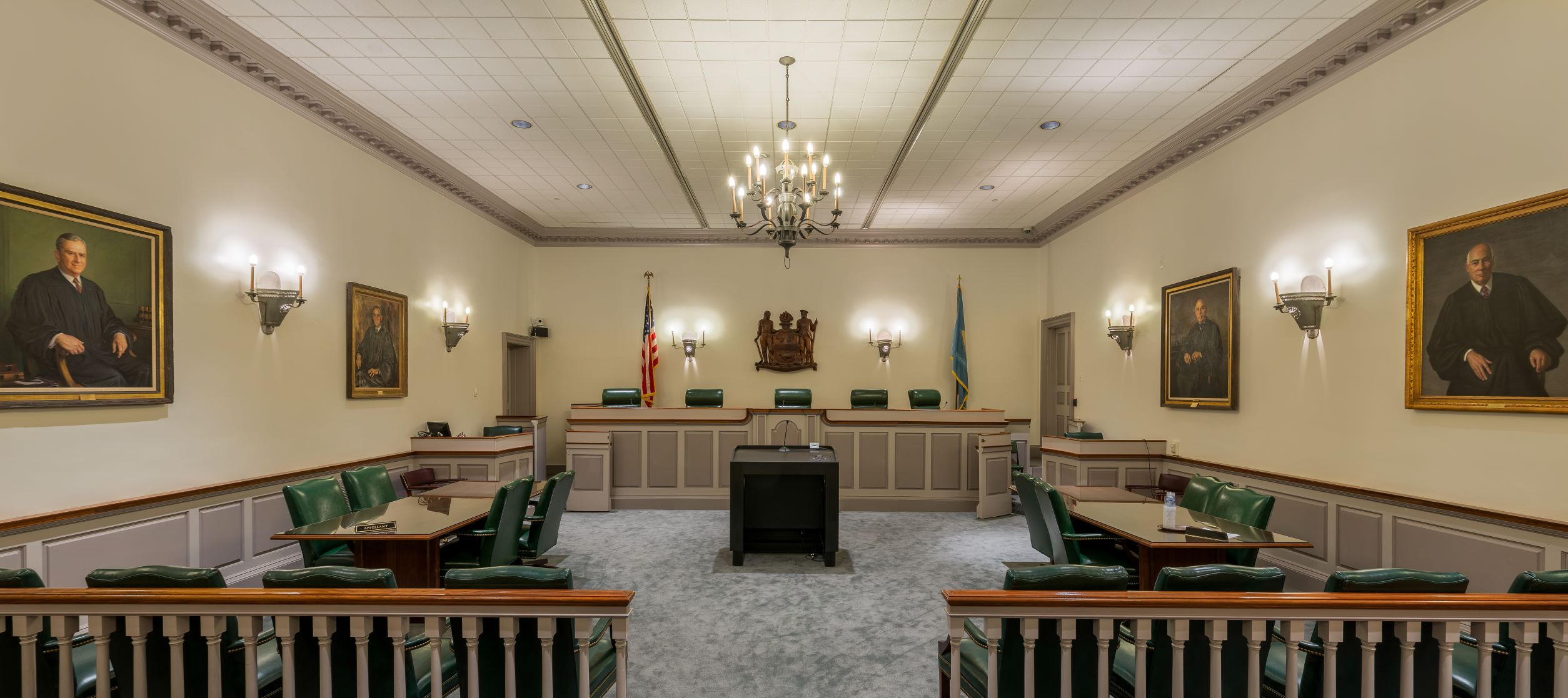A recent court ruling should be considered by our clients based in or with subsidiaries in USA. Following a decision of the Delaware Supreme Court, there are significant implications for Directors and Officers (D&O). This landmark case carries substantial precedential significance for policyholders facing False Claims Act (FCA) investigations.
As a result of the ruling, policyholders confronting FCA claims should closely examine their D&O and Errors and Omissions (E&O) policies to establish if insurance coverage may be available under either or both policy types.
The Delaware Supreme Court last month affirmed a summary judgment ruling against insurance company ACE, which provides insurance and reinsurance products and services through several operating units, finding that the professional services exclusion in ACE’s management liability (D&O) insurance policy does not apply to bar coverage for a FCA investigation by the government against mortgage lender, Guaranteed Rate (GRI).
The Delaware ruling also has implications for interpreting the term “arising out of” – term used across all policy types. Policy holders should also be aware of positions previously taken by insurers involving similar policies and circumstances.
In America, the FCA – known as the “Lincoln Law” – is a whistleblower law that allows private citizens to sue any individuals, companies or other entities that are defrauding the government and recover damages and penalties on the government’s behalf. The statute provides whistleblowers financial rewards as well as job protection against retaliation.
In a unanimous decision, the Delaware Supreme Court held that “[t]here is ‘no causal connection’ between the failure to perform professional services and the damages alleged by the government.”
ACE sold mortgage lender GRI a primary D&O insurance policy that agreed to pay for loss that GRI becomes legally obligated to pay by reason of a claim for “any error, misstatement, misleading statement, act, omission, negligent, or breach of duty actually or allegedly committed by” GRI. The policy contained a “professional services” exclusion, which excluded coverage for loss “arising out of” GRI’s rendering or failure to render professional services.
In 2019, the federal government initiated an investigation against GRI for alleged FCA violations after a whistleblower alleged that GRI originated and underwrote federally insured loans that did not meet program guidelines.
GRI tendered the claim to ACE, which denied coverage under the professional services exclusion. ACE argued that the FCA claim “arose out of” GRI’s professional services and was therefore excluded under the policy. ACE argued that “but for” GRI’s professional services, the FCA claims would not exist. The Delaware Superior Court ruled in GRI’s favour on both a motion for judgment on the pleadings and again on summary judgment. ACE appealed the rulings to the Delaware Supreme Court.
The Delaware Supreme Court disagreed with ACE and affirmed the trial court rulings. A meaningful linkage was missing because the FCA allegations were not based on any failure to perform professional services, but rather on false certifications – which interrupted the “but for” causal chain.
Risk managers should select a specialist insurance broker when seeking coverage for Management Liability, Professional Liability/Errors & Omissions and other Fiduciary Risks. W Denis has a long history in arranging cover for all types of organisations. For a quotation please contact [email protected] or arrange an appointment via [email protected]





